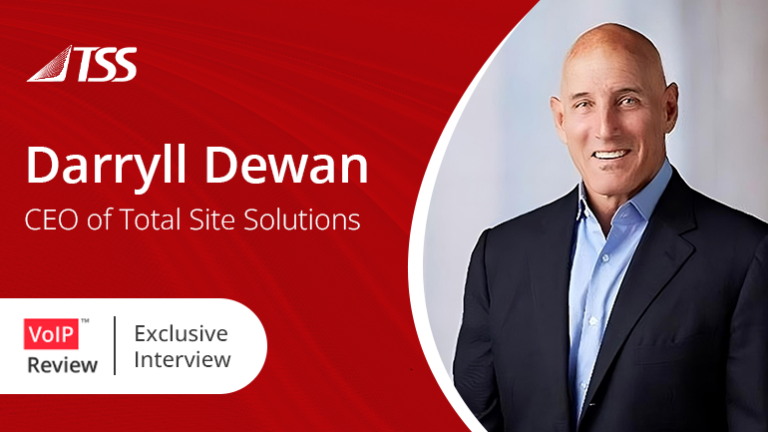
In an unexpected turn of events, users have experienced noticeable delays in their connections from X, formerly known as Twitter, to prominent online platforms including Facebook, Instagram, Bluesky, Substack, Reuters, and The New York Times. This five-second lag, discovered by The Washington Post, has sparked concerns and discussions about the impact of even the slightest online slowdowns.
A mere 400 milliseconds, equivalent to an eyeblink, is sufficient to irk most users. Hobo SEO Consultancy points out that a two-second delay in loading time can lead to a substantial 87% of users abandoning a link. In response to such user expectations, an entire industry of content delivery networks has emerged, with companies like Akamai, CloudFlare, and Fastly dedicated to ensuring webpage loading times remain under half a second.
This recent revelation of X’s connection delay has been perceived as detrimental to businesses. Sander van Surksum, a Web Performance Consultant at Iron/Out, emphasized, “For businesses, such intentional slowdowns can spell disaster. In a digital landscape where every second counts, a platform as influential as ‘X’ holding the reins of user access can drastically shift web traffic and, consequently, revenue.”
The slowdown mechanism was reportedly implemented through X’s link-shortening service, t.co. Typically utilized for streamlining internet traffic management and user tracking, t.co. was manipulated to decelerate traffic to targeted websites. No precedent exists for such deliberate slowdowns on social networks.
Evidently, X had been applying these throttling delays for several weeks before being exposed. Initial accounts of this issue were raised on Ycombinator, where a user shared, “Go to Twitter and click on a link going to any URL on ‘NYTimes.com’ or ‘threads.net,’ and you’ll see about a ~5-second delay before t.co forwards you to the right address. Twitter won’t ban domains they don’t like but will waste your time if you visit them.”
While The New York Times acknowledged experiencing similar systemic delays, X’s response to these concerns was surprisingly brief – a poop emoji. Elon Musk, the influential figure behind X, has refrained from commenting on the matter, leaving a vacuum of official explanations.
Curiously, the targeted sites that suffered these delays coincide with those Musk has recently criticized or mocked. Following the revelation by The Washington Post, the connection speeds to these platforms were swiftly restored to their normal pace.
Coinciding with this revelation is X’s ongoing financial turmoil. Amidst reports of unpaid bills, the platform is reportedly shutting down one of its revenue streams – the promoted accounts program. This program enabled users to boost their account visibility within the platform’s timeline to attract new followers.




